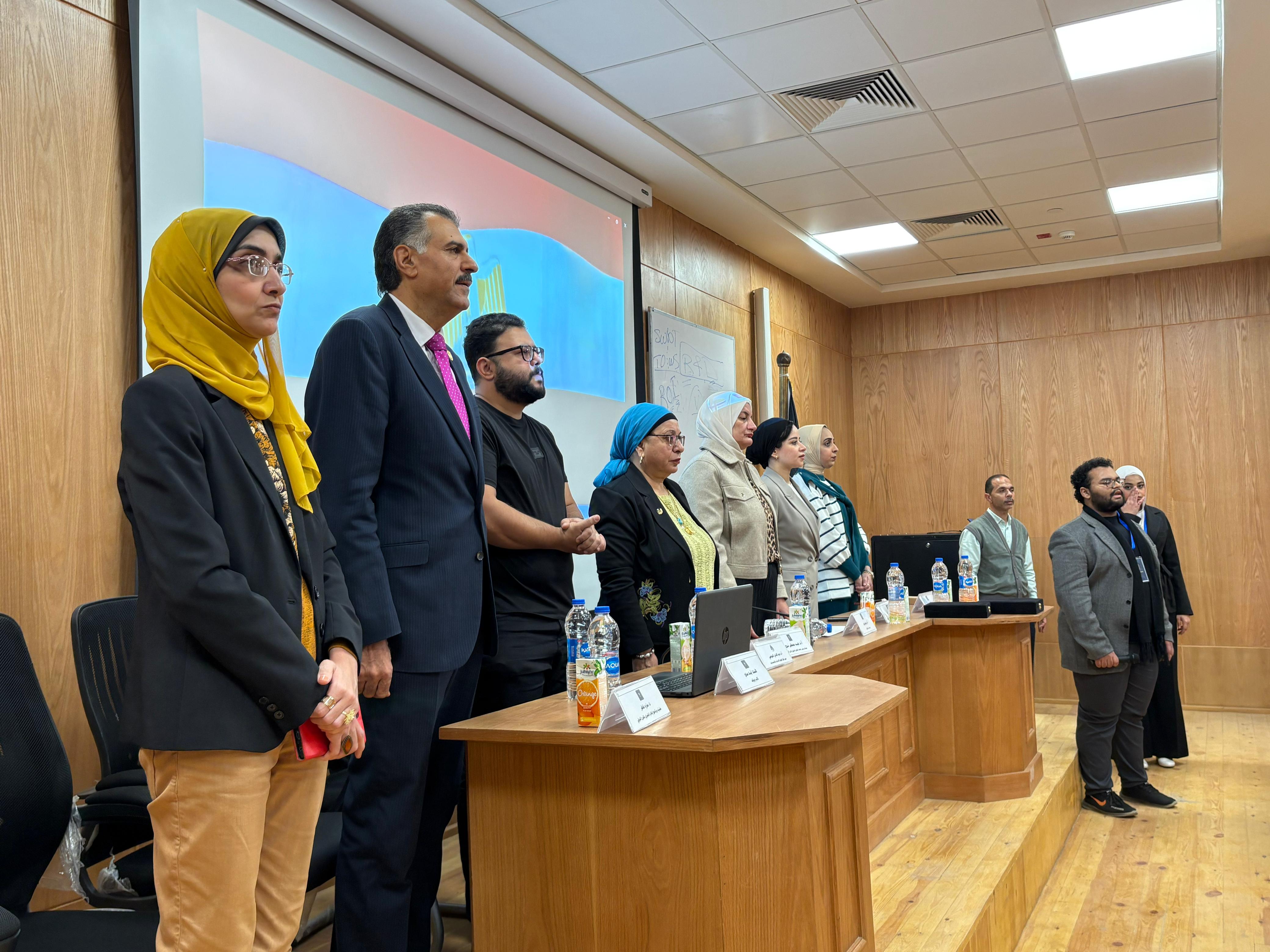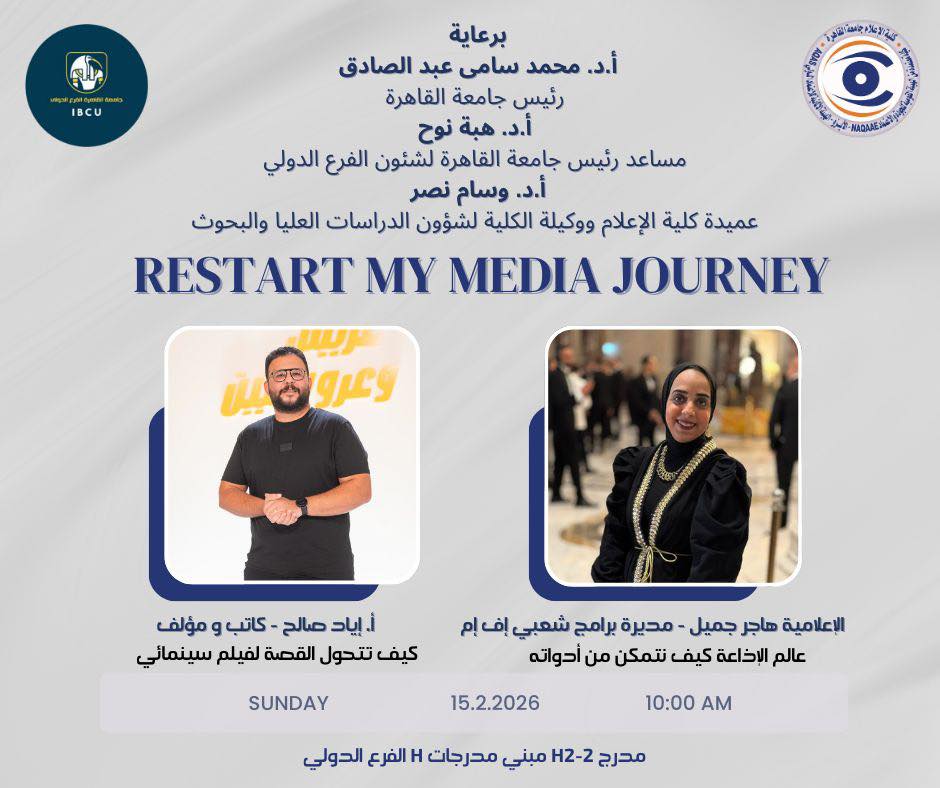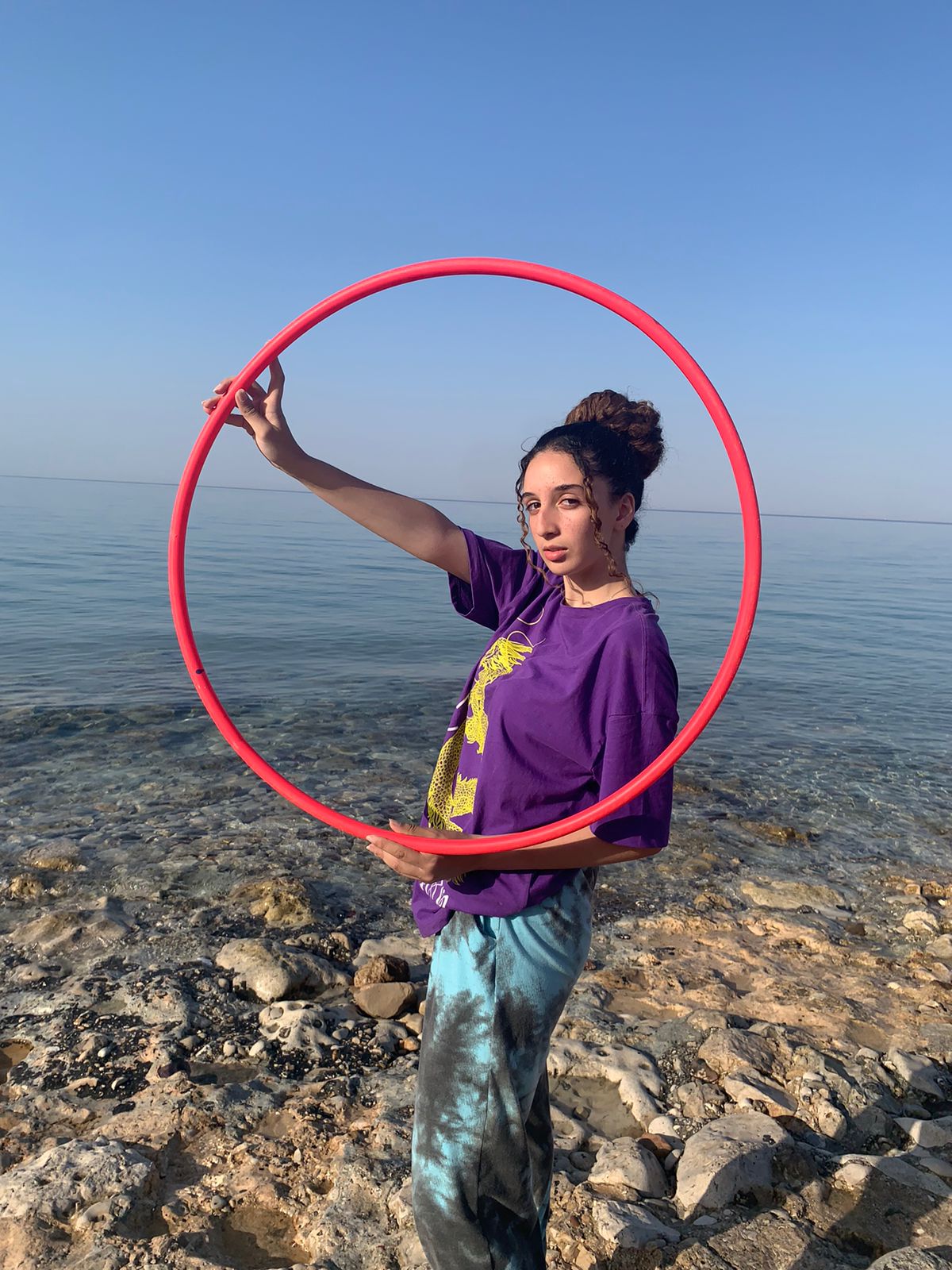Tensions Escalate: "Israeli-Iranian Conflict Reaches Boiling Point in Current Climate"
 close
close
![]()


By: Farah Muhammad – Shahd Galal
Lately, tension between them has been rising, mostly because of conflicts between Israel-Iran. What really brought this matter up was when Israel launched its first airstrike on Iranian soil; which led to a series of actions involving airstrikes against Israeli targets, cyber-attacks as well as naval confrontations. This development has led to more fears of destabilizing events in this region hence forcing global stakeholders’ focus on the longstanding enmity among these two major middle eastern countries.
To gain deeper insights into the complexities of the Israeli-Iranian conflict, we turn to Amr Ahmed, an esteemed researcher in Iranian affairs. Ahmed offers valuable perspectives on the underlying drivers and potential implications of the ongoing confrontation.
Based on what Ahmed said, the roots of the Israeli-Iranian conflict are historical anger and differing political ambitions. “Of course, what has happened will lead to a destabilization of security in the region. Iran wants to establish new rules of engagement in the region that rely on a greater role for the actors that can be described as militias present in the region,” he explains. “Another issue is the violation of sovereignty of some Arab countries through which the missiles passed, and the Iranian manoeuvres, providing justification for Israel, the United States, and Britain to confront the missiles and Iranian manoeuvres, claiming that they violate the sovereignty and airspace of these countries. Therefore, a group of Arab countries located geographically between them will become an open theatre for them”, he continued.
.
Ahmed highlights the role of proxy warfare as a key feature of the Israeli-Iranian conflict, with both sides leveraging militant groups and regional allies to advance their respective agendas. "From Hezbollah in Lebanon to Hamas in Gaza, Iran and Israel have cultivated alliances with proxy actors to exert influence and project power across the region," he observes. "At the same time, Iraqi militias are part of this equation, and Hezbollah`s participation is larger and unlimited as we have seen before October 7th."
According to the Iranian narrative, what happened in Isfahan is the result of sabotage elements that may be collaborating with Israel. They are the ones who launched a number of traditional drones in an attempt to target some military locations. Iran did not describe this as an attack from its side in response to an attack, so there was no reaction from Iran.
As the Israeli-Iranian conflict continues to evolve, the path forward remains uncertain. While diplomatic efforts, such as the Iran nuclear deal, offer a glimmer of hope for de-escalation, deep-seated mistrust and geopolitical rivalries pose formidable obstacles to lasting peace.
The recent change in leadership in both Israel and Iran adds another layer of complexity to the equation, with the potential for shifting dynamics and recalibrated strategies.
.
“What`s happening between Iran and Israel has overshadowed the spotlight on the Palestinian issue, both in regional channels and Western newspapers. When we look at how Gaza is covered, it`s no longer given the top priority; it`s been relegated to second or third place. The forefront of the scene is now dominated by the escalations between Iran and Israel, much like the escalation seen with Hezbollah and Iraqi resistance in Syria.” he added.
As this means that it has garnered all the attention and media coverage, with a constant anticipation for any escalation from Iran-affiliated militias in the region towards Israel and waiting for Israel`s response outside of the Gaza Strip.
He pointed out that Iran relied on Article 51 of the United Nations Charter in its response, which is the right to self-defence, as it is a violation of the sovereignty of states. He questioned, "Were the missiles and drones that passed through Iraq, Syria, Jordan, and Palestine not violations by those states? But they want to take a step and involve Iran."
Finally, the conflict between Israel and Iran reflects the broader range of geopolitical challenges within the Middle East. For those with interests in it, they realize that talking, negotiating and constructive involvement are very urgent at all times as they engage with intricacies that characterize this endemic row. The only way out in such a fragile part of the world is to resolve their differences through constructive criticism and confidence-building toward each other thereby paving way for a lasting peace.
.
15-02-2026 Faculty of Mass Communication

15-02-2026 Sports

15-02-2026 Sports

15-02-2026 Faculty of Mass Communication

23-06-2023 Sports 4158
...
tips from the head of dmc channels group- mr.hesham soliman02-08-2023
video 3401...
Exclusive Interview with the Prominent Host (Eman Ezz Eldin) for EMccu today27-10-2022
video 1237...
Culture of Photos Event Guests` Interviews (Pt.2)01-04-2023
video 1147...
Culture of Photos Event Guests` Interviews (Pt. 1)01-04-2023
video 1030...

27-10-2022
video 3862